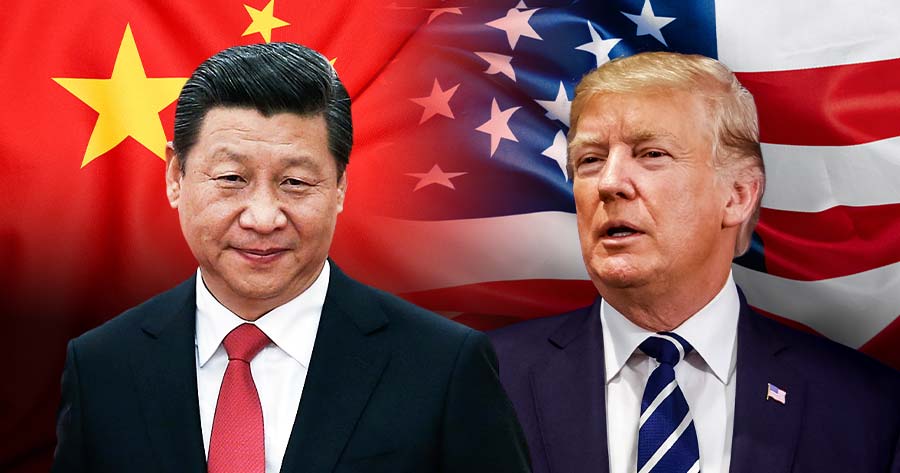The momentum in U.S.-China trade negotiations has slowed, with top officials indicating that meaningful progress may require direct engagement between Presidents Donald Trump and Xi Jinping.
Treasury Secretary Scott Bessent signaled that further discussions are expected in the coming weeks, raising the possibility of a call between the two leaders to break the stalemate.
Last month saw a sharp increase in tariff tensions, which culminated in a critical meeting between U.S. and Chinese representatives in Switzerland on May 12. This session resulted in both sides agreeing to a 90-day rollback of recent tariff hikes, deferring additional escalations until mid-August.
Diplomats from both nations have maintained contact, including a recent call, to keep communication channels open.
Despite these diplomatic efforts, Washington has pressed ahead with restrictions on technology exports to China, prompting strong objections from Beijing. On the other hand, China has yet to provide significant relief on its rare earth export controls, which fall short of U.S. expectations.
The situation underscores complex diplomatic dynamics, with high-level engagement now seen as crucial for further breakthroughs.
The last exchange between the two presidents took place in January, just before Trump’s inauguration for a second term. While U.S. officials have expressed a willingness to reconnect, analysts believe Beijing is unlikely to agree to a new dialogue unless it is assured there will be no unexpected developments from the American side.
Chinese authorities confirmed ongoing dialogue following the Geneva accord but reiterated calls for the U.S. to reverse its technology export restrictions.
On questions regarding an end to rare earth export controls, Beijing provided no clear answer, instead emphasizing its stance on aligning such measures with global standards and maintaining peace and regional stability.
Meanwhile, tensions escalated further this week as the U.S. announced plans to revoke visas for Chinese students, a move criticized by China’s Foreign Ministry as unjustified and politically motivated.





